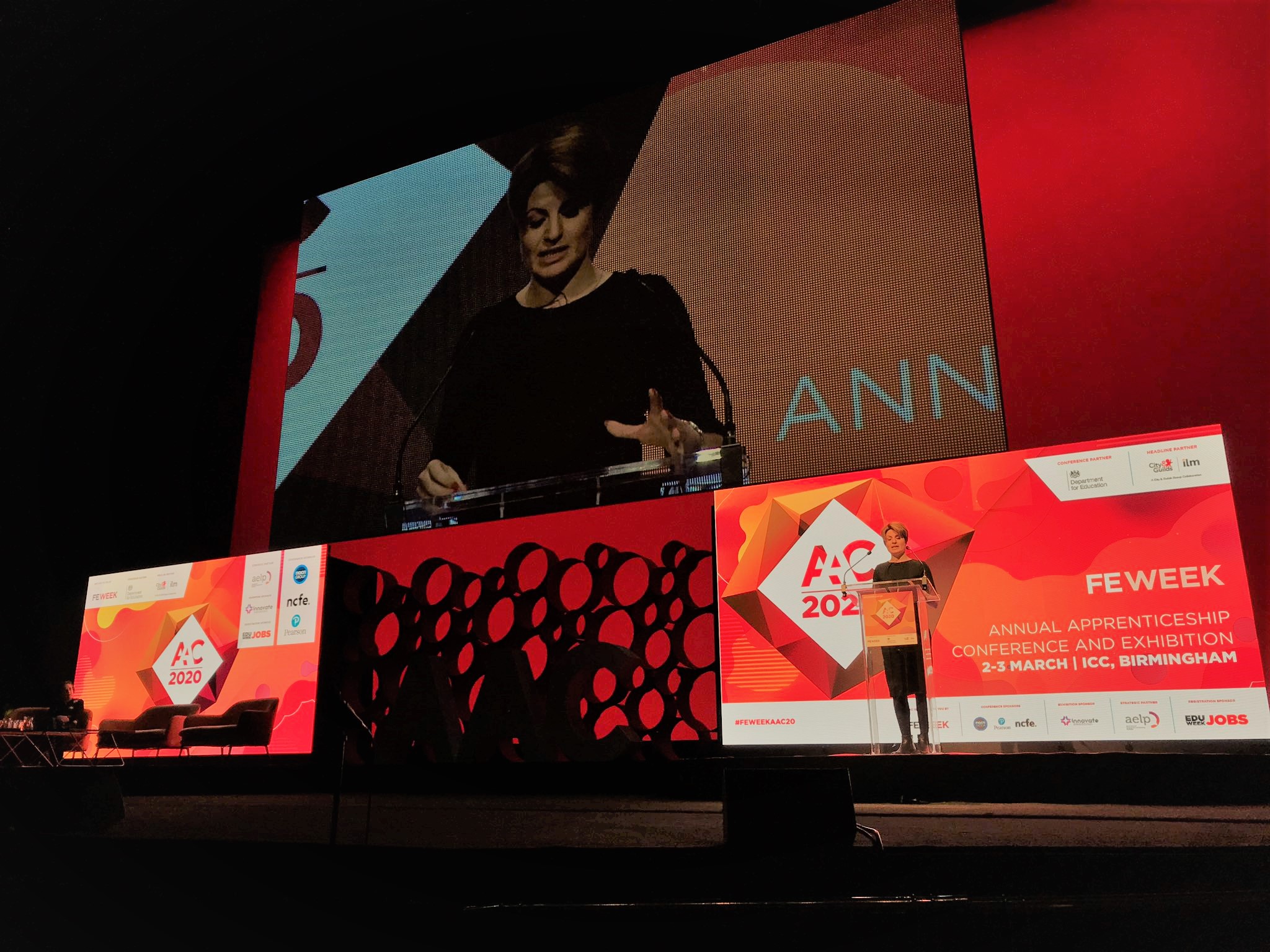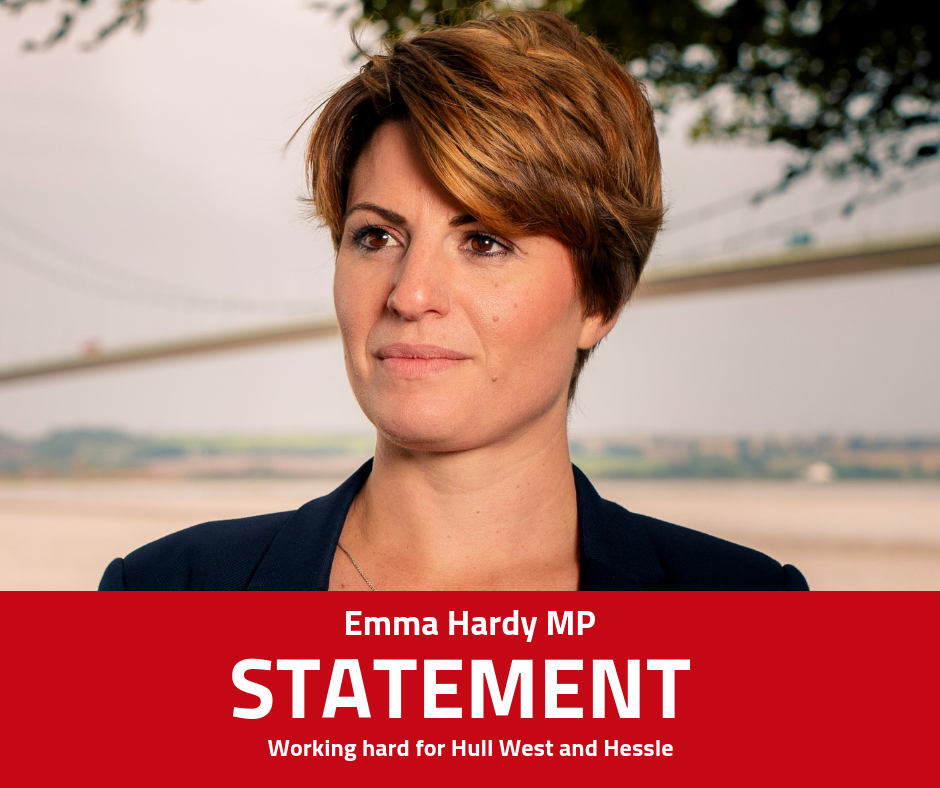Part 1 of a 3 part guest article series
by Alex Talbott, originally published at www.rethinkingpoverty.org.uk
The Orwell Youth Prize is a social justice-based writing programme and prize for young people (aged 12-18) from across the UK. This academic year, the Prize has been working in partnership with Rethinking Poverty to support young people to write in response to the theme ‘The Future We Want’. Committed to hearing from young people with diverse experiences across the UK, the Prize collaborated with another Rethinking Poverty partner, #thehullwewant, a partnership of organisations working with young people and communities and, in particular, its host the Youth Work and Community Development team at the University of Hull, Together, the Orwell Youth Prize and #thehullwewant delivered a youth forum on the Hull campus in March. The thinking, discussions and outputs that came from the Future Forum are the subject of these blogs, where I look back and reflect on the continuing relevance and urgency of the points raised by young people earlier this year, in the changed world we are now living in.
In early March, when hand sanitiser was in short supply and the decision to elbow bump was a conversation-starting novelty, and the scale and extent to which our lives would change had not yet hit us, the Orwell Youth Prize brought together local sixth formers, activists, artists and writers to discuss and present their ideas on the ‘Future We Want’ at the University of Hull. The task set was deliberately challenging. Groups were assigned areas of focus – climate, technology, education and community – and had just under the length of a school day to identify and prioritise problems and to work collaboratively to communicate ideas for change in their assigned area. We weren’t seeking slick solutions, but persuasive arguments and creative delivery. Both were achieved in abundance and welcomed by a receptive audience that included Emma Hardy MP and Bishop Alison White.
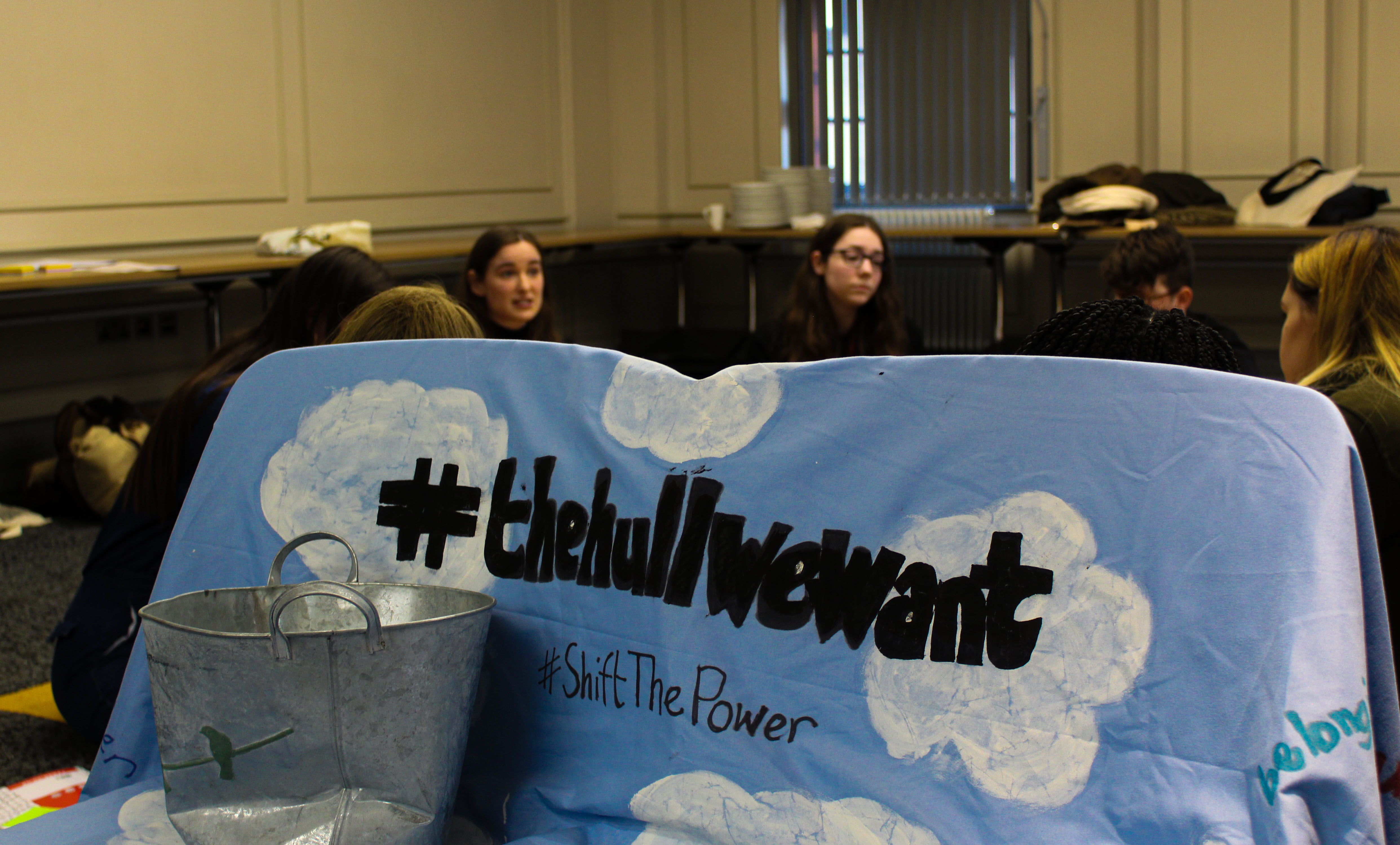
Days like that in Hull give the Orwell Youth Prize clarity and momentum. Our small but punchy interventions are key to ensuring we are able to support new voices to think and write from their own experiences, while grounded in an understanding of the more complex structures that underpin the society we’re all a part of. Post Hull, though, in the immediate aftermath of lockdown, clarity gave way to confusion, and momentum was brought to a thumping halt. Now grounded in our domestic spheres – albeit with rolling newsfeeds and a new vocabulary (self-isolation, social distancing, Zoom …) – the prize’s ability to support young people to write about a better future was thrown into question. We were also troubled by the sense that thinking about ‘The Future We Want’ seemed like an invitation to romanticise the past we just had.
Another pressure, experienced by so many, was the immediate expectation (and need) to have a stance: a race to publish a lockdown plan littered with concerns and well wishes, the likes of which feature in Jessica Salfia’s viral poem. The Orwell Youth Prize (and the Orwell Foundation) is lucky that as a small organisation, supported by flexible partners and funders, its staff were able to breathe and take stock. In these last few weeks, our role and potential to act with purpose and renewed energy has come into view. At a time when teachers are seeking support and students will likely be questioning the relevance of the standard curriculum, we have extended our call for writing on ‘The Future We Want’ and added new resources and ideas that ask questions of now.
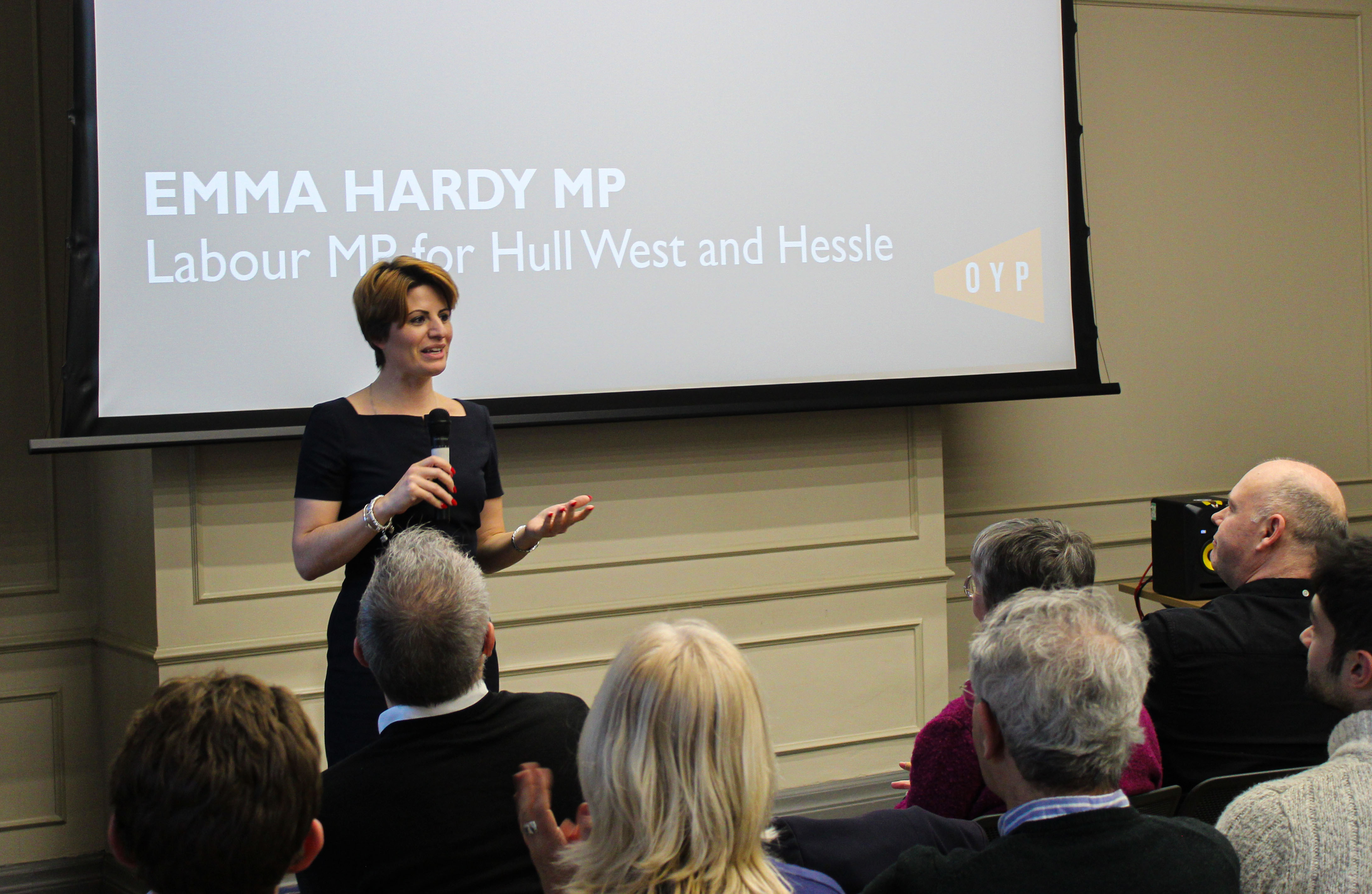

Alongside this, the relevance and importance of ideas discussed and actions taken in the months before coronavirus have become more pronounced. As Barry Knight articulated, we must ‘#BuildBackBetter’, but I would also add that we must look back better. So all these weeks after Hull, I’m returning to the work of our Future Forum attendees and asking questions of it in light of this new shifted reality. The topics that underpinned our day of discussions have taken on a new significance in the stories emerging locally and globally in the wake of the virus.
In the space of a school day in Hull, the Orwell Youth Prize witnessed a generation with energy to propel change and the confidence to challenge the status quo, speaking eloquently and constructively to an audience with power. The insight, perceptiveness and experience of demonstrated by these young people provides us with more evidence that their generation must be given agency and a voice in forging a fairer society. Whatever our post-Covid settlement, it cannot be one that ignores those whose lives (arguably) will be most shaped by its impact. The ideas of young people must shape our responses and priorities for the ‘new normal’ we will construct in the wake of the global crisis.
And so, in four blogs, I will look backwards to the ideas, experiences and wisdom of young people around those four key subjects: climate, community, technology and education.
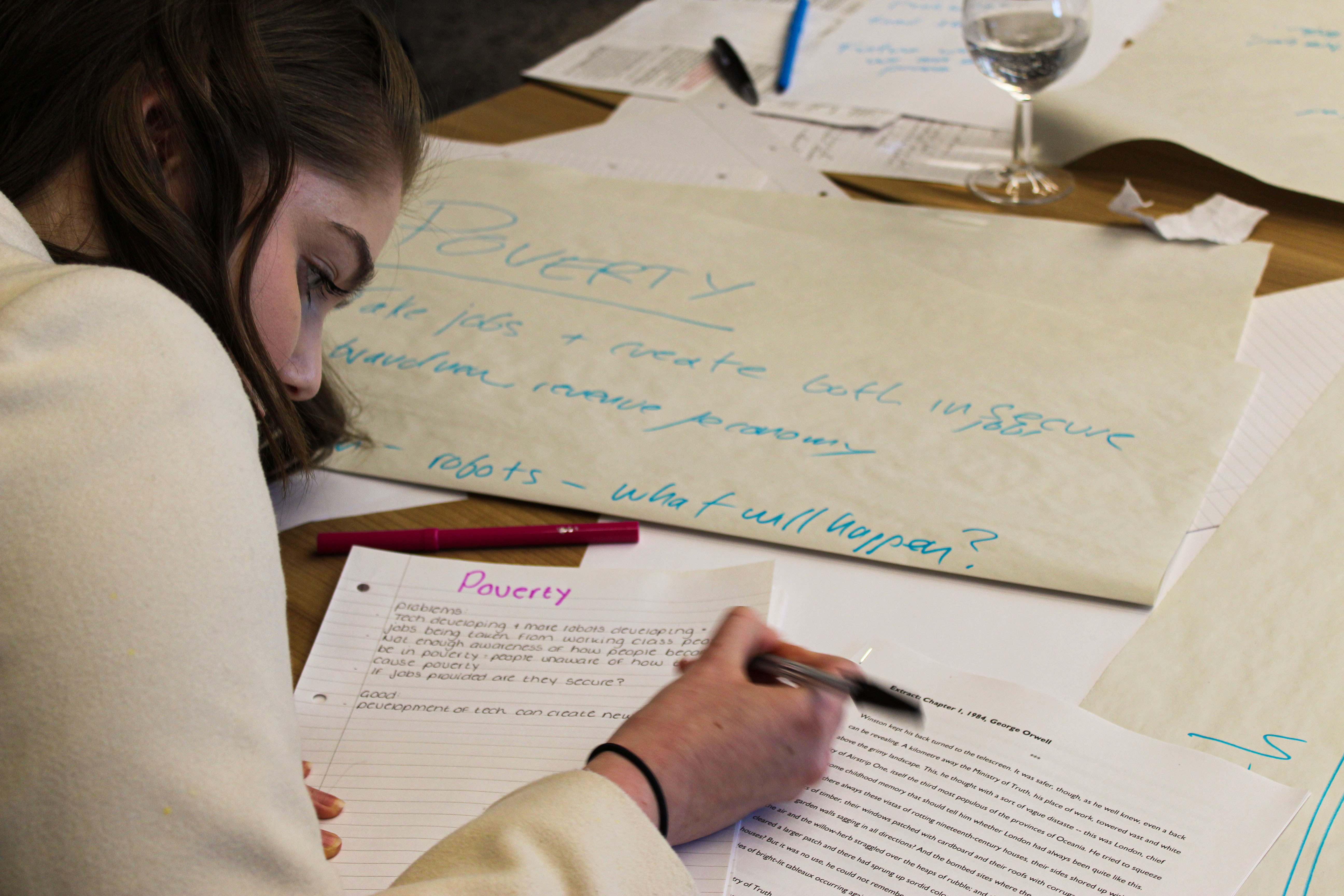

The Future Forum was a good start, but as we have regained momentum we are committed to returning to Hull and strengthening our partnership with #thehullwewant. Furthermore, since lockdown, the youth prize has received a record amount of entries from more places and more young people than ever before. If you know a young person with something to say, there’s still time to enter: the prize is open until 11 June. All have a voice to add to the shaping of the society they are seeking and all deserve a hearing. Their ideas will help all of us step closer to ‘The Future We Want’.
Alex Talbott is Programme Manager for The Orwell Youth Prize

